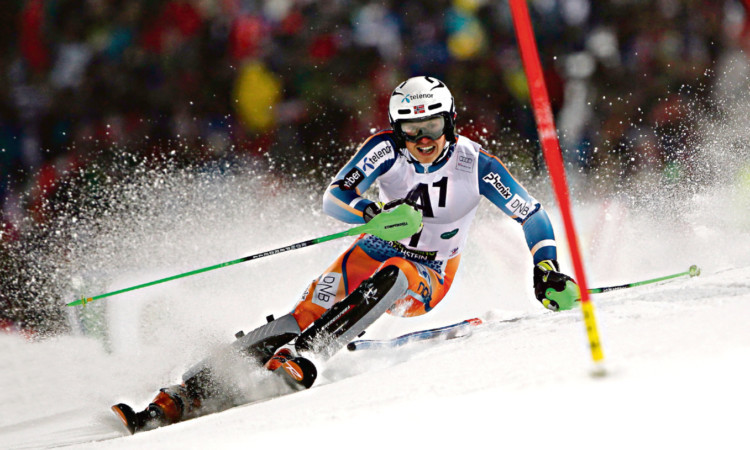
An attack is “almost inevitable” as controversial Winter Olympics loom.
Threats of terrorism, protests over gay rights, corruption, mis-management, environ-mental damage and a final bill feared to top a whopping $51 billion.
It’s easy to see why the Sochi Winter Olympics are already considered among the most controversial ever.
They’re certainly the most expensive Games summer or winter ever, with a staggering overspend of $39bn.
Add in the plethora of other controversies and it’s easy to forget the Games are supposed to be about sport. Many fear Sochi will become “another Munich” a reference to the 1972 Summer Games which were overshadowed by a terrorist attack that saw 11 Israeli athletes murdered.
Russian expert Professor Stephen White, of Glasgow University, said: “Sadly it seems some kind of ghastly incident is almost inevitable. It was always a huge risk the area is a powderkeg, with political issues and disputes going back 150 years. The Games are an obvious focus for discontent.”
And Professor White explains there’s much in the region for people to be discontented about.
He said: “We think the unemployment situation is bad in places like Spain in that part of Russia it’s easily twice as bad. 50% of the working age population is without a job. Ski runs have been built on ancestral burial grounds and corruption has seen certain people become very rich while the masses struggle. The overspend on infrastructure is incredible. It’s been worked out that it would’ve been cheaper to build the new roads out of caviar.”
The Sochi Games are also the centre of what is thought to be the biggest security operation of any Olympics. More than 50,000 police and troops have been drafted into the area. There are navy warships, aerial drones and anti-aircraft batteries.
The US even has two warships positioned in the Black Sea to help out if required.
Professor White said: “It’ll all make for a tense atmosphere. There’s a lot riding on these Games, both for Russia and for Vladimir Putin personally.
“This was supposed to be Russia’s chance to show it was a major player on the world stage a powerful, modern nation, the equal of the US.”
The recent introduction in Russia of new laws banning gay “propaganda” have caused outrage in the West. They’ve led to calls for a boycott. Ironically, they’ve probably enhanced Putin’s reputation at home.
Professor White said: “Wider society in Russia is generally much more conservative than in the West. The new laws have been quite well received there so Putin won’t worry too much about what the West thinks,” Professor White went on.
“He’ll be much more concerned about preventing a terrorist attack. I don’t doubt Russia has the ability to deliver a good Games but I fear we’ll remember them for all the wrong reasons.”
By Robert Wight and John Barrett

Enjoy the convenience of having The Sunday Post delivered as a digital ePaper straight to your smartphone, tablet or computer.
Subscribe for only £5.49 a month and enjoy all the benefits of the printed paper as a digital replica.
Subscribe